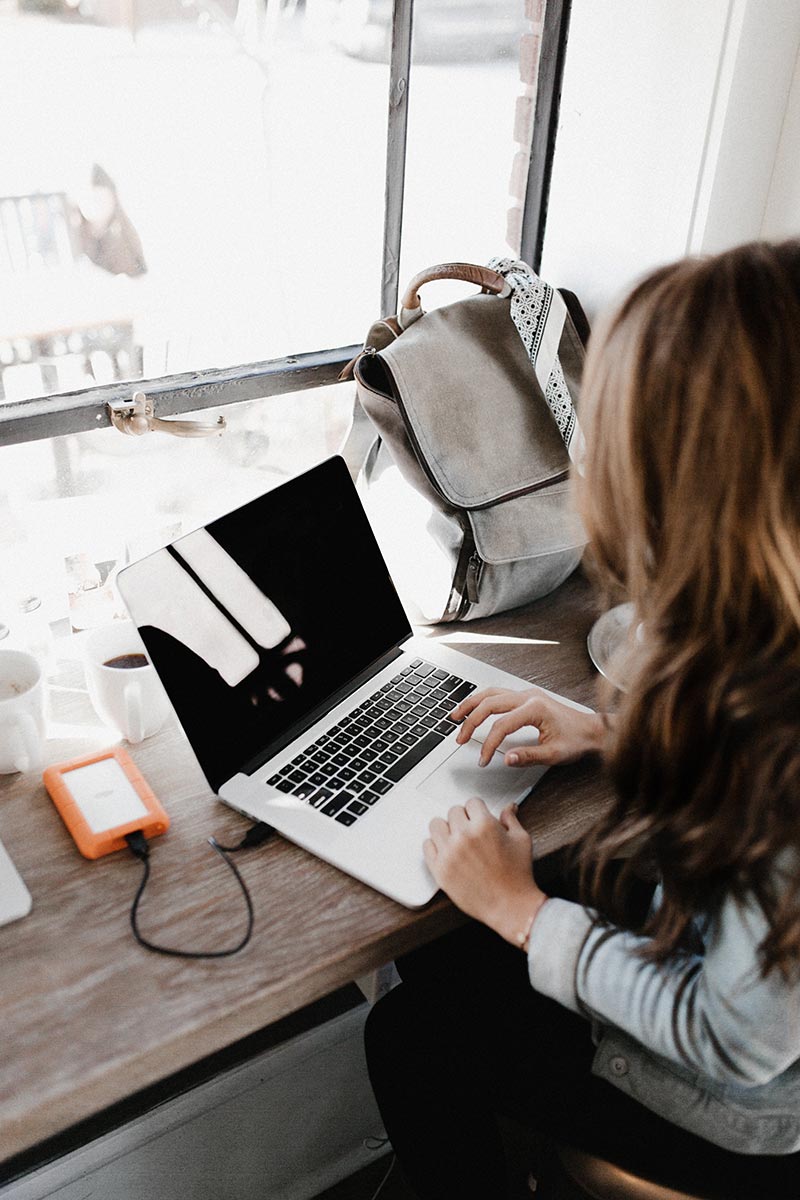Changing our view of ‘mistakes’ encouraging risk taking
Developing an attitude towards seeing mistakes as genuine learning opportunities can only happen when students are not punished, or feel like mistakes will negatively impact their lives and future.
One helpful step is to employ positive marking (rewarding for what they CAN do) rather than negative marking (deducting points for what the CANNOT do).
We could even go one-step further and set tasks where mistakes will be inevitable so to work with and defuse the fear of mistakes. This doesn’t mean we accept mediocrity.

Mistakes are human, forgivable and can be triggers for real growth, development and exploration, if only we can take the personal sting out of them.
Before our students can even get to the place where they can be bold, creative and learn through mistakes we need to make sure they feel accepted for who they are and that we believe in them and give them permission to make mistakes.
Often on the first day of class one of the first things I say is “I want you to make mistakes”. I sometimes leave it like that on the board so to open a discussion.

Once students are comfortable that they are not going to be punished for making mistakes only then are they ready to start developing the other skills that employers say they are keen on such as being critical and proactive.
This could mean having the confidence to put forward an idea that people might disagree with. Or it could mean a student puts forward an idea that is only partially developed or contains some inaccuracies.
As long as it is their best effort then that’s wonderful. It provides teachers with the raw material to give targeted and individual feedback so each student can reach their personal best.
Human warmth
Finally, one of the most influential aspects of how well students do at school is not how many degrees their teacher has, nor is it where in the ‘league table of results’ their school sits.
It is how warm and accessible and ‘human’ their teachers are
So next time I get asked the ‘what are your exam results’ question maybe I should encourage the questioner to meet with our students and teachers and form impressions that way. Of course that is assuming that they share the same perspective as I about what makes a good school.
Stephanie Wimmer-Davison is Academic Director at Academia International School Basel
References
Dewey, J. 1933. How we think: A restatement of the relation of reflective thinking to the educative process. Boston: D. C. Heath
Rogers, C. and Freiberg, J.H (1994) Third Edition. Freedom to Learn

